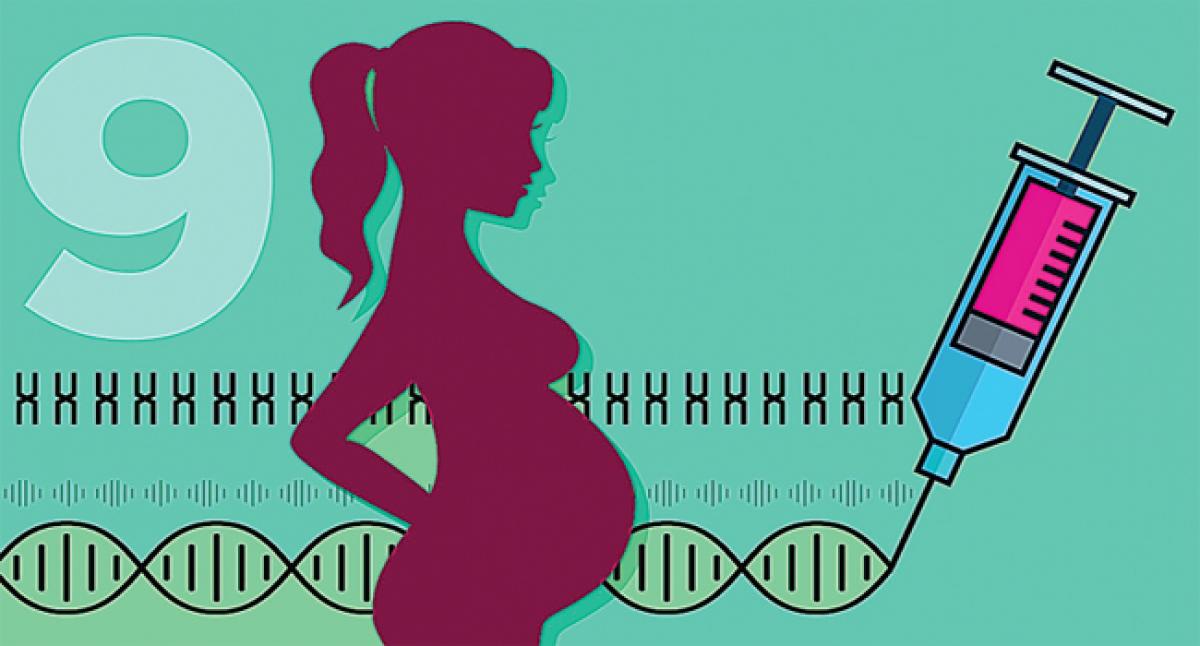Younger generation keen to get their genes tested

Craze for genetic testing is on the rise since last 23 years, as more and more people are keen to determine their vulnerability towards inherited diseases Genetic diagnosis identifies the genetic susceptibility to certain kind of abnormalities
Craze for genetic testing is on the rise since last 2-3 years, as more and more people are keen to determine their vulnerability towards inherited diseases. Genetic diagnosis identifies the genetic susceptibility to certain kind of abnormalities.
This test can identify the changes in the chromosomes, genes and protein structure to identify inherited disorders by analysing small samples of blood or certain body tissues.
The medical test has now become convenient for people to confirm their chances of developing or being passed on with certain genetic condition in order to take precautionary measures.
Genetic testing is useful at younger age
If the results obtained from the tests reveal negative difference it is a big relief for the patients. But in case if a genetic difference is identified, the results provide ample time for decision making for prevention of the upcoming condition.
The results are helpful in allowing early treatment options which can have large scale implications with respect to the effect on the quality of life and their life expectancy.
“With the availability of newborn genetic screening, many parents are helped in identifying the abnormal conditions in the new born at an early stage, which gives better treatment option from start,'' Says Dr Ruchi Gupta, founder and CEO of 3Hcare.in.
Research testing and clinical testing is designed to find new information about genes and genetics, to learn more about a specific disorder in terms of how it affects an individual or a family unit.
Genetic testing during pregnancy
Though genetic testing is primarily carried out as a clinical diagnosis, but the added benefit includes prognosis and identifying the gene carriers. Women conceiving after the age of 35 years are at a higher risk of giving birth to children with such abnormalities and disorders.
Acoording to Ruchi Gupta, “As the genes are responsible for influencing the baby’s skin color and texture of hair and eyes, in the same way it also influences various birth defects. Pregnant women are thus advised to undergo all the possible genetic screening tests in the first and the second trimester itself.This will be helpful for them to evaluate the risk for the potential problems in their developing fetus.
The most common defects that are screened for include – Down’s syndrome, split spine defect, sickle cell anemia, and cystic fibrosis among many others.”
What are the types of tests?
- New born screening
- Diagnostic testing
- Carrier testing
- Prenatal testing
- Pre-implantation testing
- Forensic testing
How is genetic testing done?
Samples of blood, hair, skin, tissues present in the inside of the cheeks or even the amniotic fluid that surrounds the fetus in the womb can be tested to obtain the results. The observations need to be monitored by the expert and highly qualified professionals for optimal results. In case of screening the new born, doctor needs to be careful while performing the blood test and needs to take parent’s consent.








